Top Story
RECAP: WLI Conversation with a Leader: Dionne Nelson
On January 23, WLI members learned about Dionne’s background and career path while engaging in an easygoing discussion with peers.
February 6, 2024

The panelists, Donny Hicks, Executive Director of the Gaston County EDC, and Patrick Mumford, President and CEO of the Gaston Business Association, shared valuable insights into Gaston County’s trajectory.
Located near Charlotte with easy access to major highways and natural attractions like the Catawba River and Crowders Mountain, Gaston County is experiencing notable growth alongside infrastructure challenges.
Hicks highlighted the county’s historical reliance on manufacturing and textiles, noting a transition towards more advanced industries. Despite this shift, Gaston County maintains a robust manufacturing sector alongside healthcare, retail, and social assistance industries. However, challenges persist, including a declining labor force in skilled trades, which poses a concern for sustaining growth. Unemployment in Gaston County historically has been higher than the state average but most recently is in line with it, currently at a healthy 3.7%.
The development landscape in Gaston County reflects a significant uptick in activity. From 2020 to 2022, over 1,450 acres were developed, compared to only 930 acres between 2000 and 2019. Notable projects like the Apple Creek Corporate Center and Riverbend Farms underscored the county’s appeal to investors.
Exciting announcements further emphasized Gaston County’s economic vitality, with companies like Hans Kissle, Rankin Industries and Premix establishing or expanding operations, bringing new jobs and investment to the area.
The housing market in Gaston County is also experiencing a surge, with projects like Chronicle Mill and Osage Mill revitalizing historic properties into modern living spaces. Meanwhile, infrastructure improvements, including water and sewer enhancements, aim to support the county’s growing population and development needs. The I-85 widening and U.S. 74 improvements will create headaches in the short term but are crucial to setting the region up for long-term growth.
Mumford reiterated Hicks’ assessment that Gaston County is thriving because there’s more opportunity there compared to other places, though the Catawba River creates challenges in terms of access. Bridges create choke points and need to be rebuilt as roads are expanded.
Decisions that are made now will impact generations to come, so it is important to position development that moves Gaston County forward, despite some in the community who are resistant to growth. Although much of the focus has been on the east side of Gaston, looking towards Charlotte, the west side also holds an opportunity as a gateway to Gaffney and Greenville.
During the Q&A session, discussions touched upon the labor market’s wage dynamics and the need to cultivate a pipeline for skilled workers. Additionally, the panelists emphasized the importance of preserving Gaston County’s heritage while embracing growth and change. Managing development and infrastructure projects strategically will shape the county’s future for generations to come.
The ULI Charlotte Coffee Talk provided a comprehensive overview of Gaston County’s economic landscape, showcasing its potential as a thriving business hub while addressing the complexities of growth and development in the region. As Gaston County navigates the road ahead, collaboration and innovation will be key to realizing its full potential.
Notes provided by Angela Vogel Daley, VP of Strategy and Operations at Yellow Duck Marketing

0

0

0

0

0

0
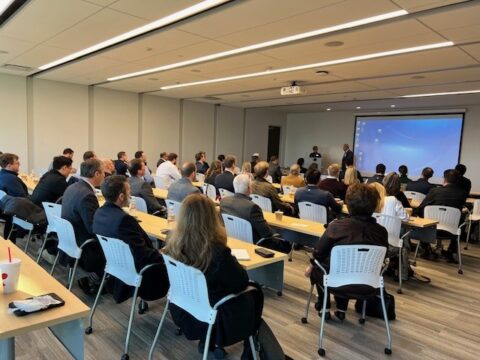
0
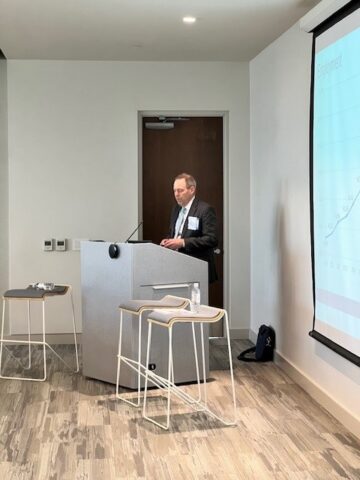
0
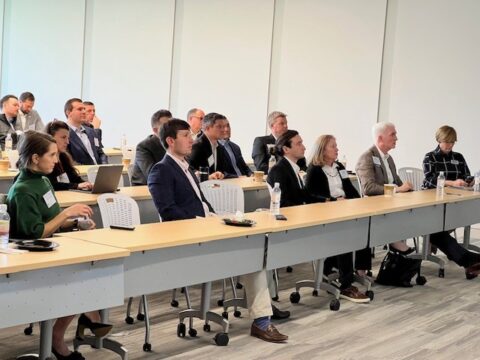
0

0
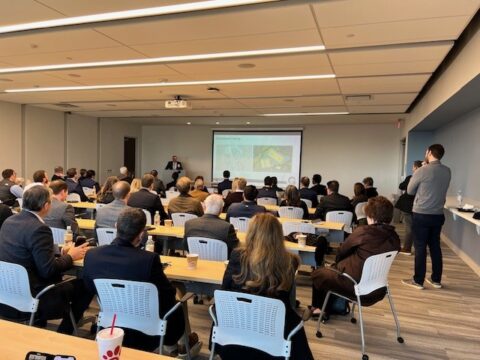
0
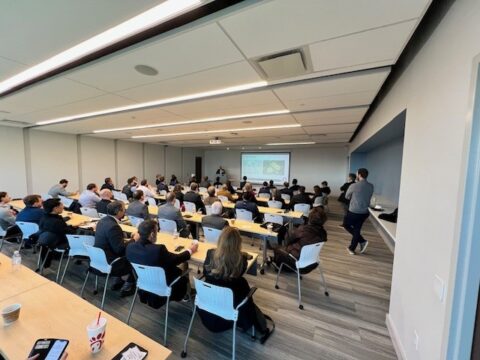
0
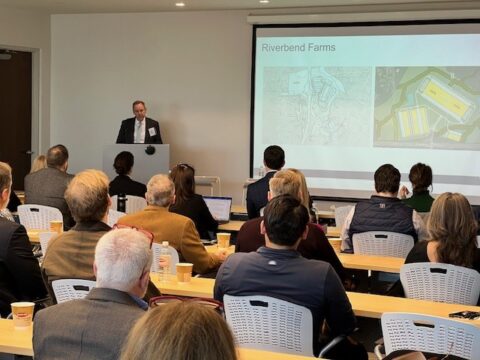
0
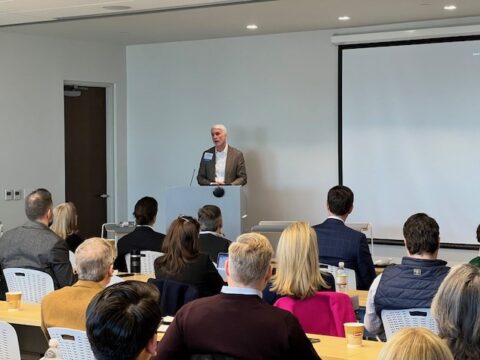
0
Don’t have an account? Sign up for a ULI guest account.

0

0

0

0

0

0

0

0

0

0

0

0

0

0